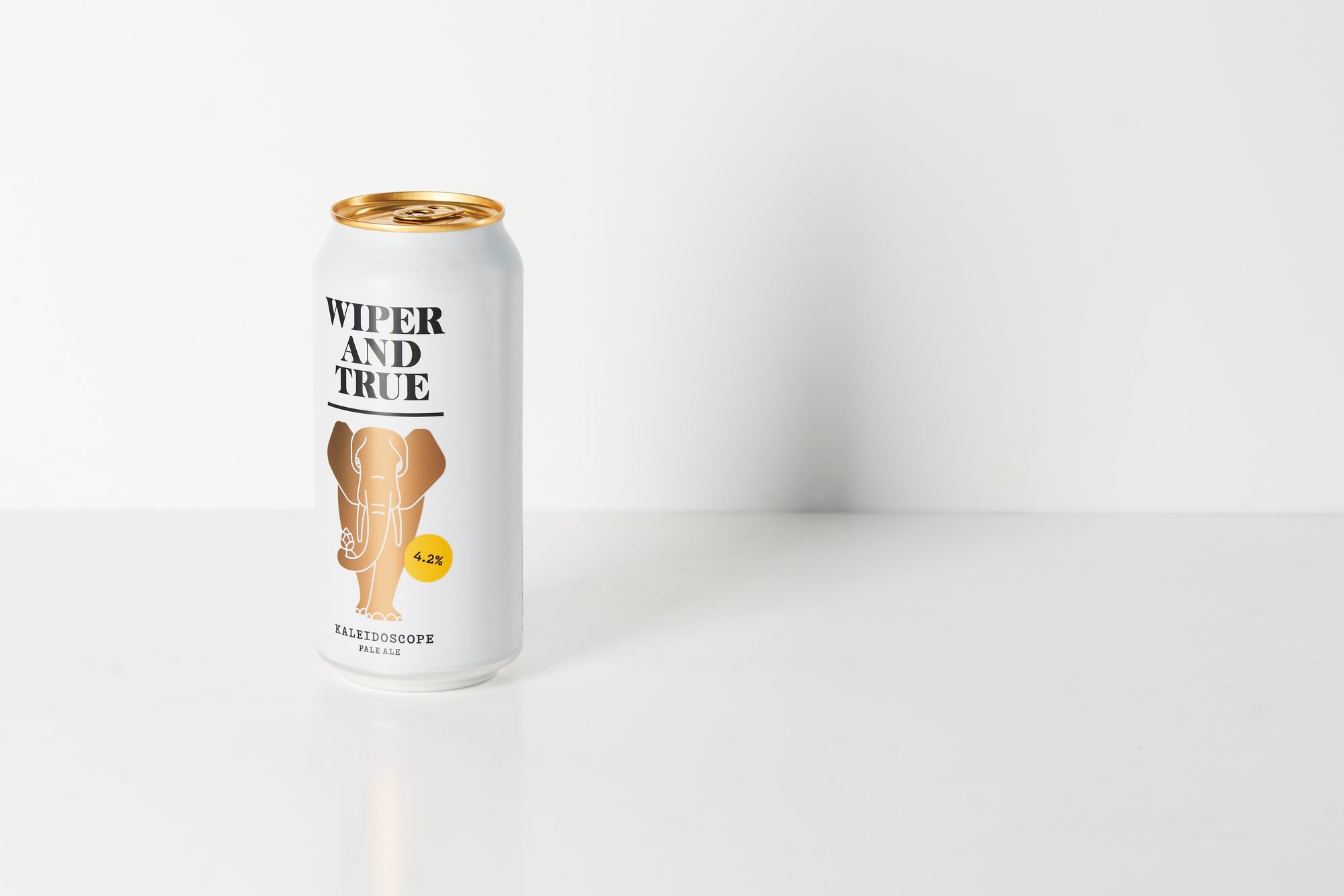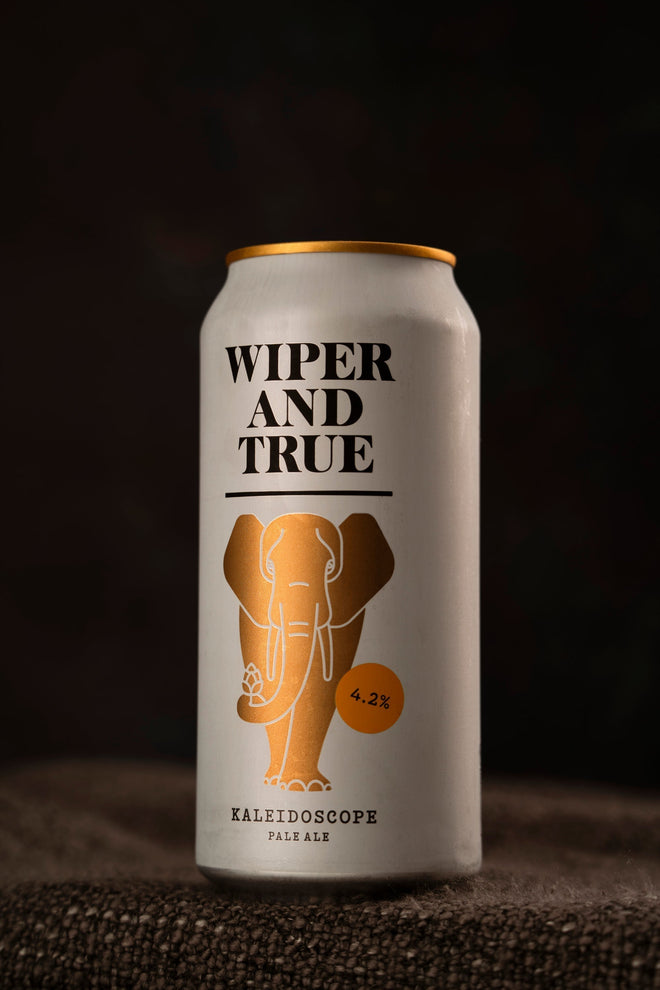
The rise of the one-way plastic keg is a phenomenon that has shaped and helped evolve the entire craft beer market. Invented around 1996, they have seen a surge since about 2006 with the rise of the craft beer revolution of Europe. Companies like KeyKeg (2006) have been leading the market for sometime, evolving the design and technology (and reliability). Other plastic keg producers of note include Dolium (2013), EcoKeg (2014) and also the slightly rarer for the UK - Eco Draft (2008) and Eco Fass (2007).
The one-way plastic keg has been a strong factor in boosting the diversity and spread of craft beer across the world. It has been a pivotal invention for small to medium sized breweries. It certainly has been for Wiper and True. By hitting both the right concept (one-way-ness) and the price point (£10-£15 per keg) it has meant that small breweries can cost effectively package their beer, send it all over the country and even worldwide, one way. The wholesale network enables pubs, bars and restaurants to get beer from breweries on the other side of the country without the need for a widespread pickup network meaning that the traditional reach of breweries has been blown wide open. Beer festivals can now easily offer an astonishing array of breweries from all over the country and indeed the world. For small evolving breweries it really has been a wonder vessel for the promotion of their beer.
But unfortunately working with plastic has its drawbacks environmentally. If we carry on using it as we are today, there will be more plastic waste in the sea than fish (by weight) by 2050 (ref: Ellen MacArthur Foundation, 2016). Plastic keg producers are starting to realise the true impact of their products on the recycling chain. Because of their ‘complex’ construction, recycling plants may often put them into incineration or landfill piles as they are too expensive to break down to their constituent parts. KeyKeg is trying to tackle this challenge head on and have created One Circle which is aimed at creating a collection and compacting network that gets kegs ready to be processed. One Circle is a good initiative, but very much in its infancy and has not established a nationwide infrastructure yet.
Wiper and True has therefore been looking at the non-plastic options available, for even if a proportion of the keg is made from recycled material, making it will generate some new plastic in the world. We want to be promoting a more sustainable way forward. It means a lot of operational changes for all departments in the brewery but everyone here is keen to see the tides changing.
So, what are the options? Well, owning and managing our own steel kegs is one. Unfortunately this is not a cost effective solution for us right now, as our customers are national, and international. It would require a significant capital investment to buy enough steel kegs and a place to store them plus a keg washer to process them.
Currently the most viable option for us is to work with Kegstar. Kegstar is a growing company, originating from Australia that could potentially revolutionise steel keg distribution globally. They operate a national collection service in the UK for used empties which effectively replicates the the practicality of the one way plastic keg. They also operate in
several countries around the world (USA, Australia, New Zealand and recently Italy) meaning Kegstar kegs can be sent to export markets and collection is still organised. This is a big bonus! They also have ambitions to add more over the coming years.
This means that once scanned out of our brewery to the bars, pubs and restaurants it becomes Kegstar’s responsibility to pick them up directly from these places. The system operates through an app based system that logs the drop off location and prompts a pick up for empties. It’s modern, thoughtful and progressive.
We’ve had several meetings with Kegstar to talk quality control of the sterile kegs, consistency of deliveries and pickups, and to follow up on any app inconsistencies that may occur. We’ve also been consulting with other breweries that have been using their service specifically about the sterility of the kegs as this is one of our primary concerns. So far the
reports have been excellent. They offer cleaning reports for each keg, which is a thoughtful touch and will allow us to track any issues.
So off the back of this research, we decided to trial a few Kegstars in selected local accounts. One of the key things we wanted to analyse was how this impacted dispense. So far it has caused less issues and improved consistency. We have also tested Kegstars' pickup system and although not perfect they are very quick to respond and we are reassured by their commitment to rectify any issues.
So far we feel the reduction in dispense issues and in plastic recycling are without a doubt outweighing the added extra administration. We are very excited to say from 17th September we will be rolling out of steel kegs across production. Together we can aim to develop a more circular, sustainable economy.
We have developed some guides to help customers with this change. This will include a dispense troubleshooting guide and pressure setting charts (according to cellar temperature and gas mix). Please click on the links below to find out more or email us with any queries.








